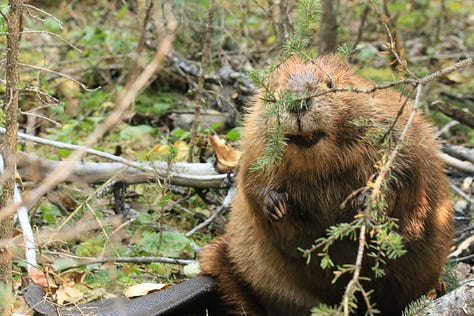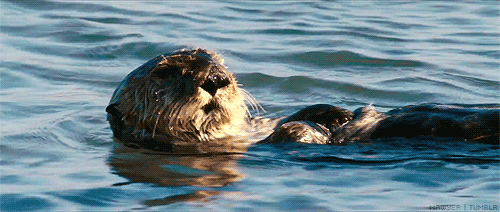Green Lights May 3: Top stories this week
Don't miss a single story of the best from Callaway Climate Insights.






. . . . Welcome back to Green Lights. Here’s our weekly roundup of the best of Callaway Climate Insights. This week, David Callaway looks at what happened in Scottish politics; plus, the impact of better emissions reporting on banks, companies and investors. Mark Hulbert finds solid and probably not surprising data on the characteristics of CEOs who have the best track record on environmental policies. The insightful and ever-practical Matthew Diebel explains why you should eat your veggies to save the planet. Have a great weekend. And please subscribe.
. . . . Scottish politics has never been for the faint-hearted, but the sudden implosion of First Minister Humza Yousaf’s coalition government last week might be the first time that climate politics actually caused the collapse. It won’t be the last, writes David Callaway. Green parties are making strides around the world, and already share power in several European countries, including Germany, Austria, Belgium, and Ireland. The days of climate change and transition as a low-priority issue are quickly coming to an end — as Yousaf just learned.
. . . . Investors looking for better environmental policies among their holdings might want to pay attention to the age and gender of the CEOs of their companies, writes Mark Hulbert, citing a new study. Young women CEOs with strong educational backgrounds perform better on environmental policies than their older, often male, brethren, according to the study by three professors at universities in Vietnam and Liverpool, England. Hulbert then digs down and identifies a selection of public companies and the CEOs who are meeting those standards. . . .
. . . . Advancements in climate reporting are allowing banks and governments to begin calculating the cost of reducing climate risk. More and more, they are spitting out concerning impact scenarios. Fair enough now; all investors need better clarity to make the most informed decisions. But, says David Callaway, the numbers nobody seems to be running are the ones on what everything will cost if we don’t execute these reforms.
. . . . It’s estimated that a staggering 40% of fruits and vegetables never leave farms in developed nations because they are deemed too ugly for sale. But Matthew Diebel thinks these veggies are just ugly ducklings zucchini waiting to turn into beautiful swans courgettes. All they need is a little understanding garlic. According to a U.N. study, he notes, an estimated 8 to 10% of global greenhouse gas emissions are tied to unconsumed food. Eat your fruit and veg. It’s good for you, and good for the planet.
. . . . Beavers may be bashful, but they are climate heroes. Scientists at Utah’s Boise State University and Utah State University are using satellite data to identify streams where beavers can be reintroduced to boost vegetation. They’re also recording how water abundance and vegetation bordering those streams changes once beavers return — metrics of environmental health. Beaver dams slow the flow of water and increase plant life, thus reducing fire risk and mitigating the effects of droughts and floods. Beavers, says The New York Times, are “furry weapons of climate resilience.”
. . . . One of the less-mentioned aspects of the renewables revolution — where most of the talk is about power generation through wind, sun and more — is the matter of energy conservation, particularly in new-housing construction. New federal rules could plug those energy leaks, protecting homeowners and renters from high energy costs while making a real dent in pollution.
More greenery . . . .
Happy as an oyster: Kelp farms can be an ‘environmental powerhouse’ (ABC News)
When the lights go down in the city: New York cities plagued by blackouts due to climate change (The Hill)
Deadly summer heat arrives early: Hundreds of millions of people across South and Southeast Asia facing extreme temps (CBS News)
Don’t Buy a House in These 3 Cities: Climate Change Real Estate Bubble (Yahoo Finance)
They know what’s coming: U.S. kids take over weather forecasts to call for climate action (The Independent)







